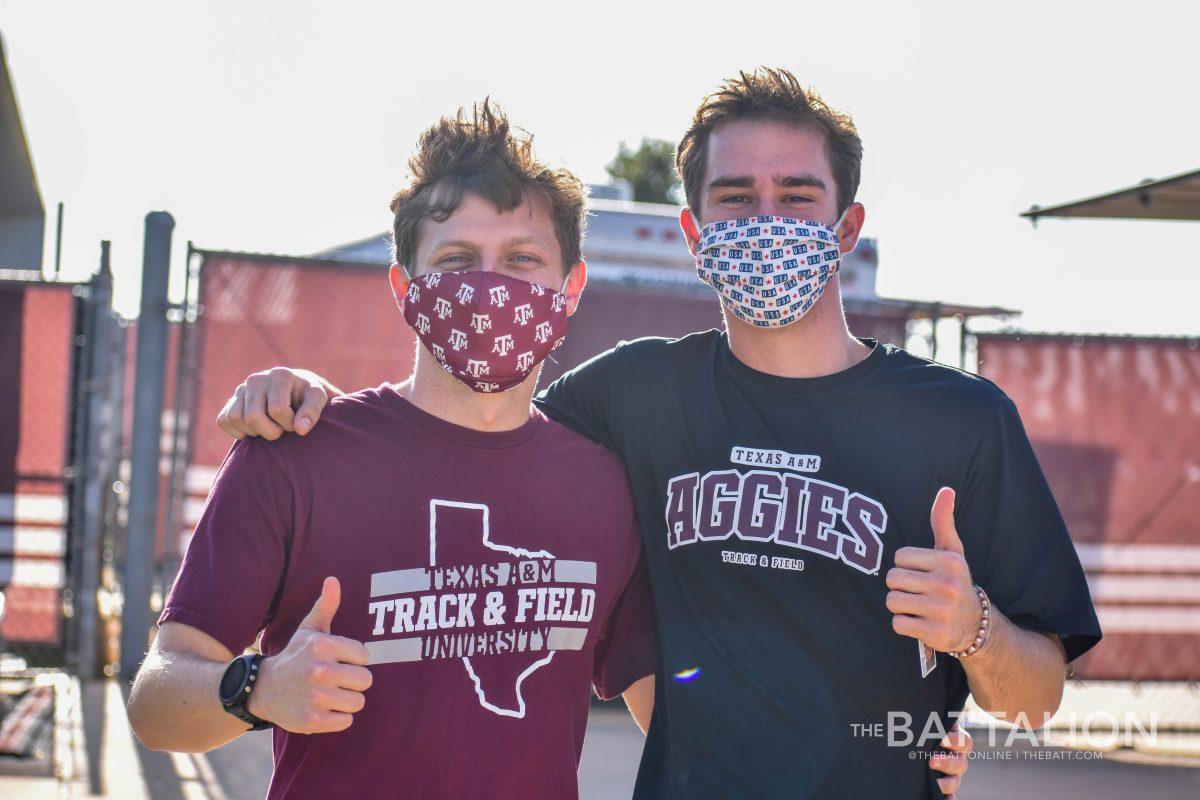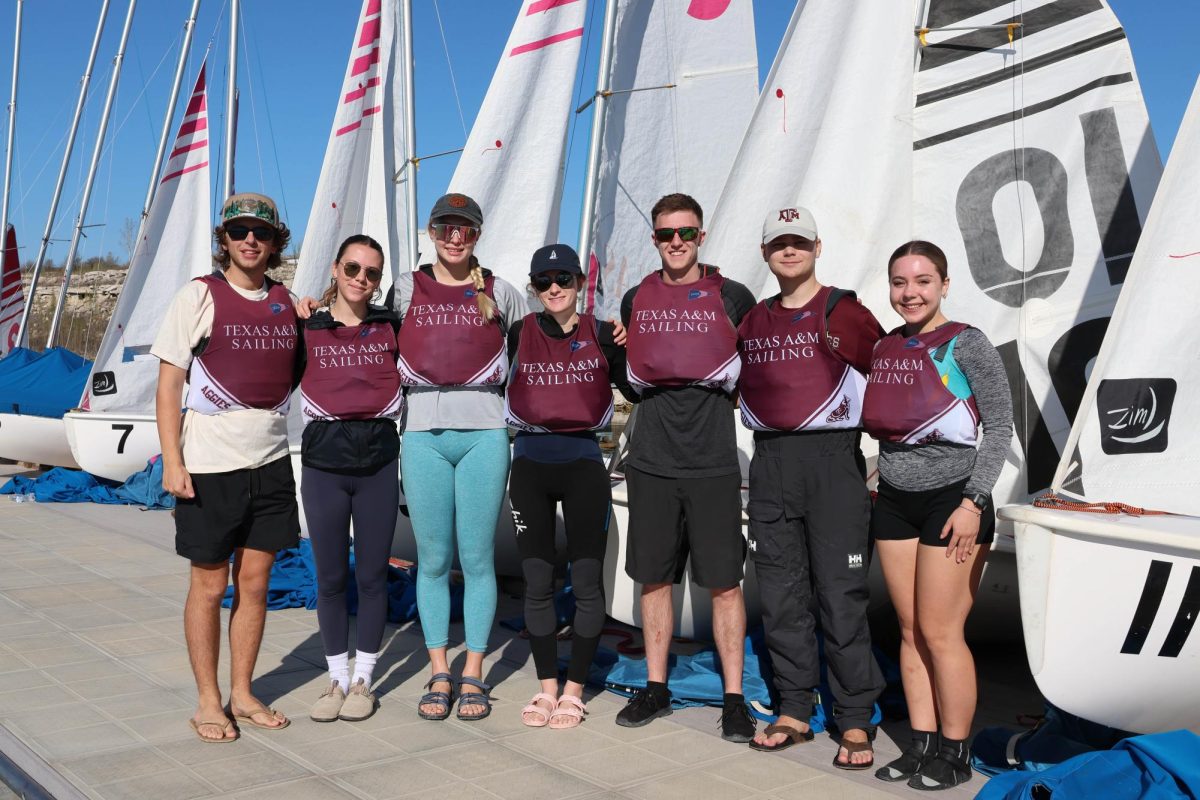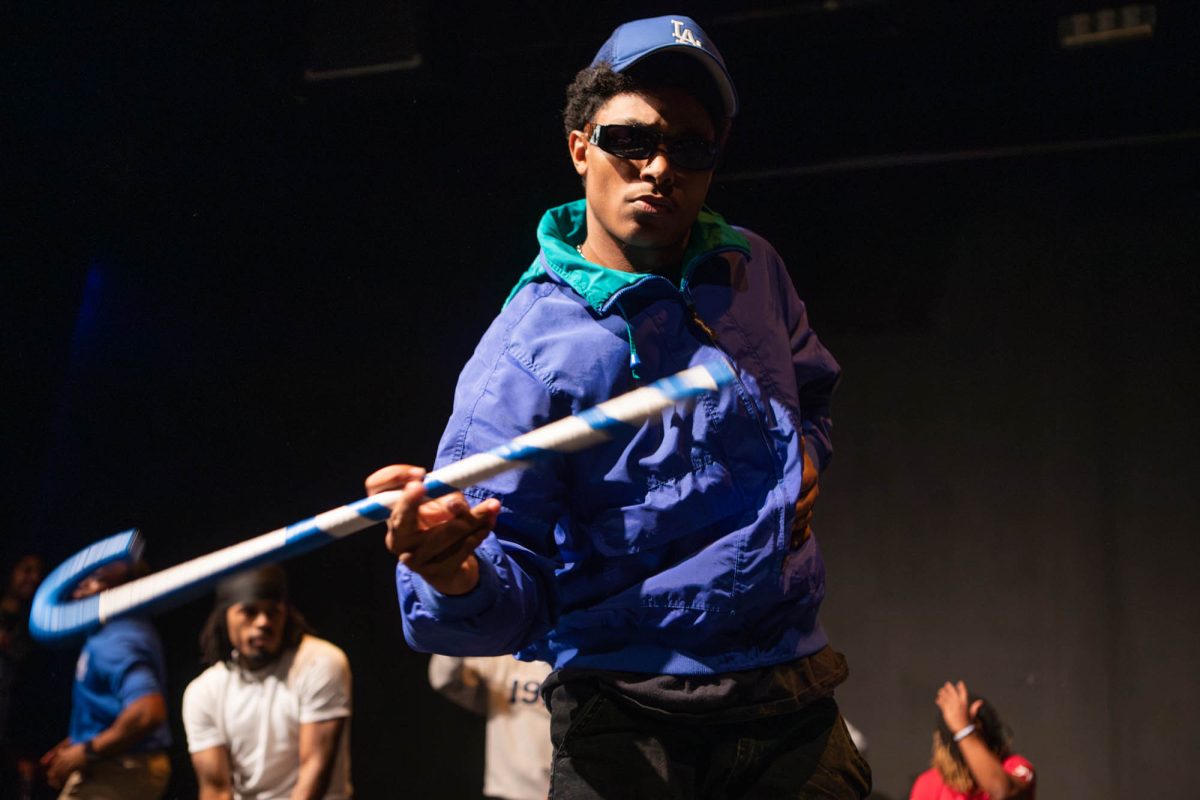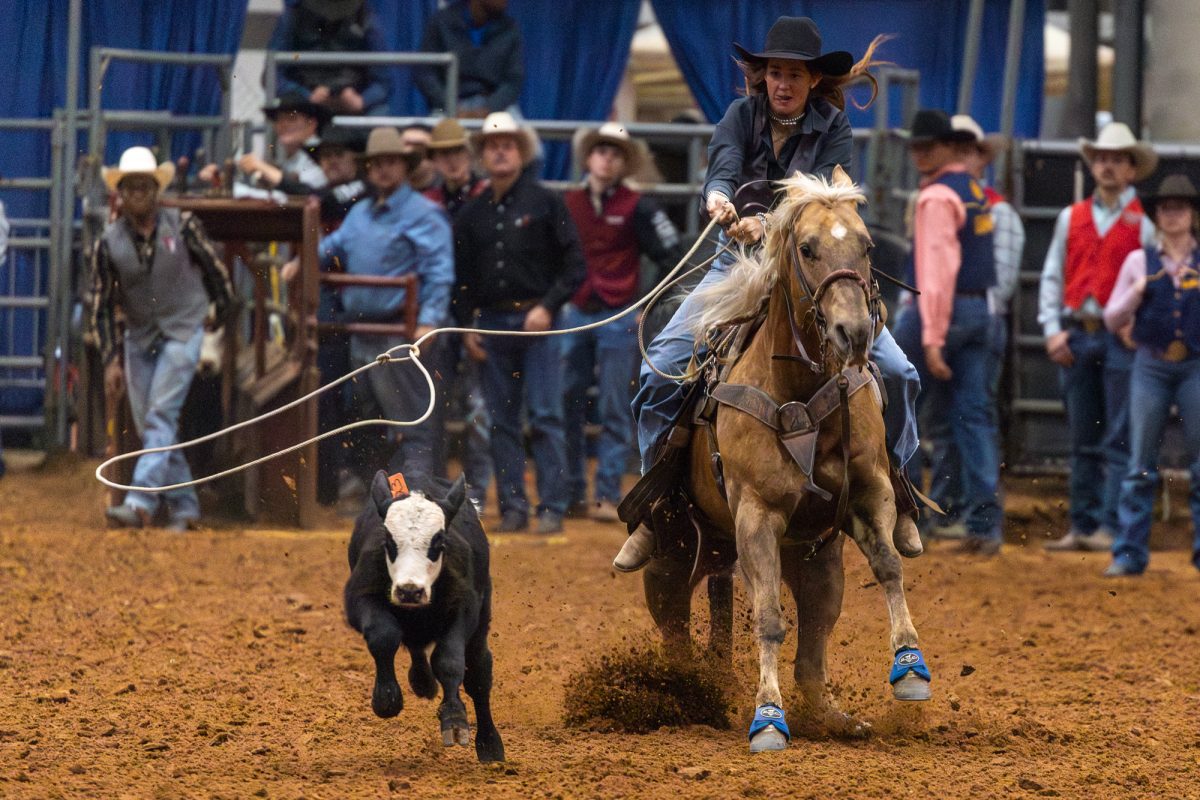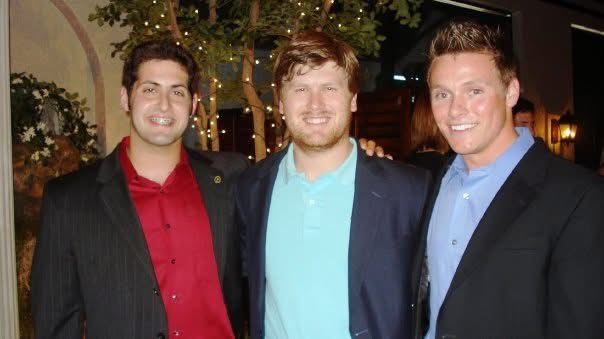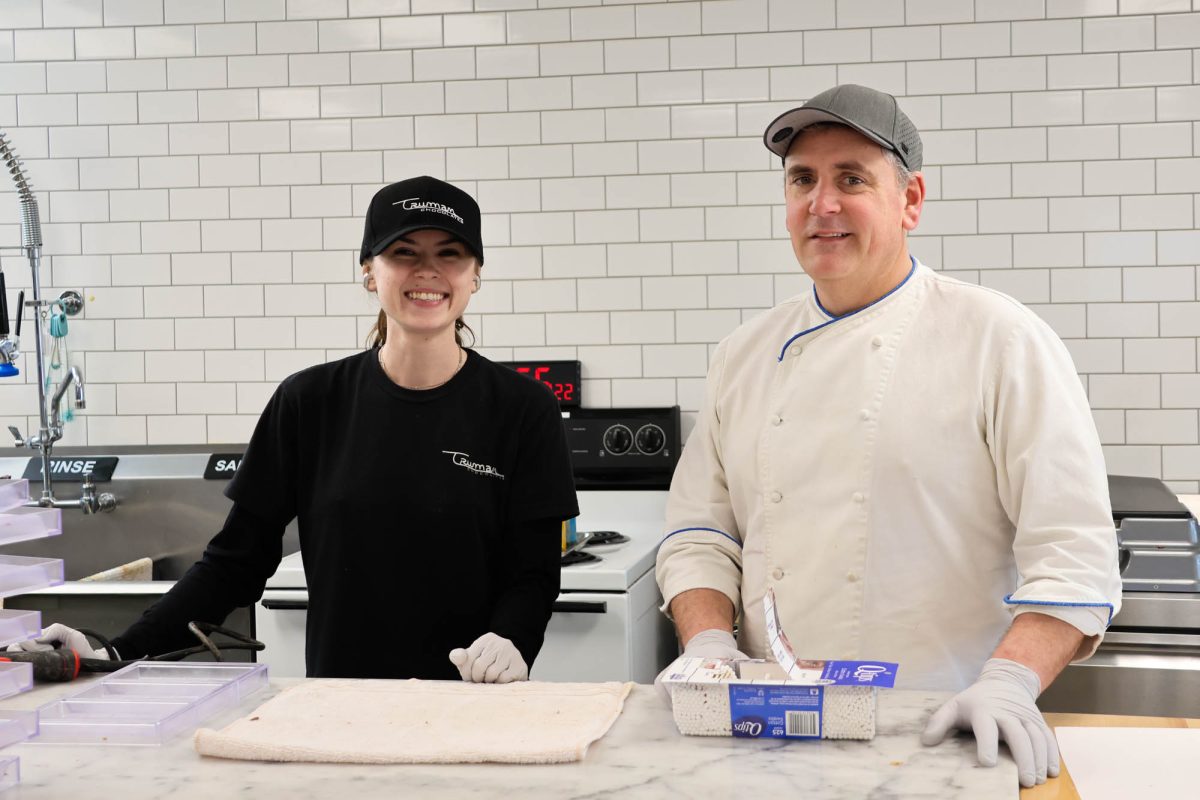In the face of a difficult fall semester, many Aggies look to continue spreading kindness this year without spreading COVID-19.
Despite restrictions that have been enforced to prevent the spread of the virus, Texas A&M students continue to give and receive kindness and share their ideas on how to celebrate World Kindness Day on Friday, Nov. 13. Acts of kindness can impact individuals personally, and researchers have found that kindness has scientific effects as well.
Engineering sophomore Courtney Kramer said small acts of kindness can be highly impactful, especially during trying times.
“Something small that makes my heart happy is when my friend brings me an iced coffee now and then,” Kramer said. “When I need a pick-me-up, I get a text from her asking if I would like an iced coffee. It’s sweet and a small, but perfect, way to spread happiness.”
Small gestures can have a personal impact, but research has shown that kindness has a measurable effect. In an article from the Mayo Clinic, multiple studies report that “The act of helping others actually activates the part of your brain that makes you feel pleasure.” Additionally, the clinic said the hormones released by acts of kindness help individuals with maintaining a good mood and can ease social interactions. The hormone oxytocin may lead to more generosity, creating a chain-reaction of positivity, similar to how getting a drive-thru order paid for creates a cycle.
Kindness isn’t limited to friends as it can show up in the classroom. English senior Drew Garza said she appreciates her classmates for always being willing to help her.
“Although I take detailed notes for my class videos, I did not have access to the textbook for one of my classes,” Garza said. “One of my classmates went out of his way and took the time to send me all the pages. I really appreciated it because that’s a tedious thing to do.”
In addition to sharing kindness through compliments and positivity, Garza said there are other ways to brighten someone’s day.
“My favorite way to spread kindness is to get or do something for a friend to make their day easier,” Garza said. “It lets my friends know I am thinking of them.”
Geophysics sophomore Marcus McEnroe said kindness is especially important in the chaos of 2020.
“I am invested in getting my friends through 2020 by doing weekly status checks, just asking ‘How are you doing?’” McEnroe said. “Your friends are struggling with 2020, I guarantee it. Pay attention to their mental health, and help them to stay afloat both in classes and in their social lives.”
McEnroe’s words are not only true of his personal interactions, but also on a global scale. A report by the American Psychological Association said stress has increased for people in 2020, especially for Generation Z which encompasses almost all college students.
This study shared that Gen Z adults (those aged 18-23) reported the highest stress level out of the age groups studied; approximately 1.1 points higher than the overall adult average on a 10 point scale.
In this same report, the APA offered suggestions on how to reduce stress, with a recurring theme of adequate social interaction, while using coronavirus precautions.
In this time of heightened stress, particularly for the undergraduate aged population, it is critical that individuals continue to express kindness to each other. According to Dartmouth University, Kindness can reduce negative impacts, like anxiety and stress, and have positive impacts, like increasing happiness and energy.
When individuals act kindly to others, it can create a chain reaction, and have a meaningful and positive impact on someone’s day. The way kindness is spread does not need to be complicated, Kramer said.
“I would remind everyone that this semester has been crazy, and people are dealing with a lot of different things.” Kramer said. “Little things like saying “Howdy” as you pass by, or giving someone a smile can make someone’s day.”
Passing back kindness
November 12, 2020
Photo by Photo by Abbey Santoro
This year “World Kindness Day” is celebrated on Friday, Nov. 13.
0
Donate to The Battalion
$1915
$5000
Contributed
Our Goal
Your donation will support the student journalists of Texas A&M University - College Station. Your contribution will allow us to purchase equipment and cover our annual website hosting costs, in addition to paying freelance staffers for their work, travel costs for coverage and more!
More to Discover




